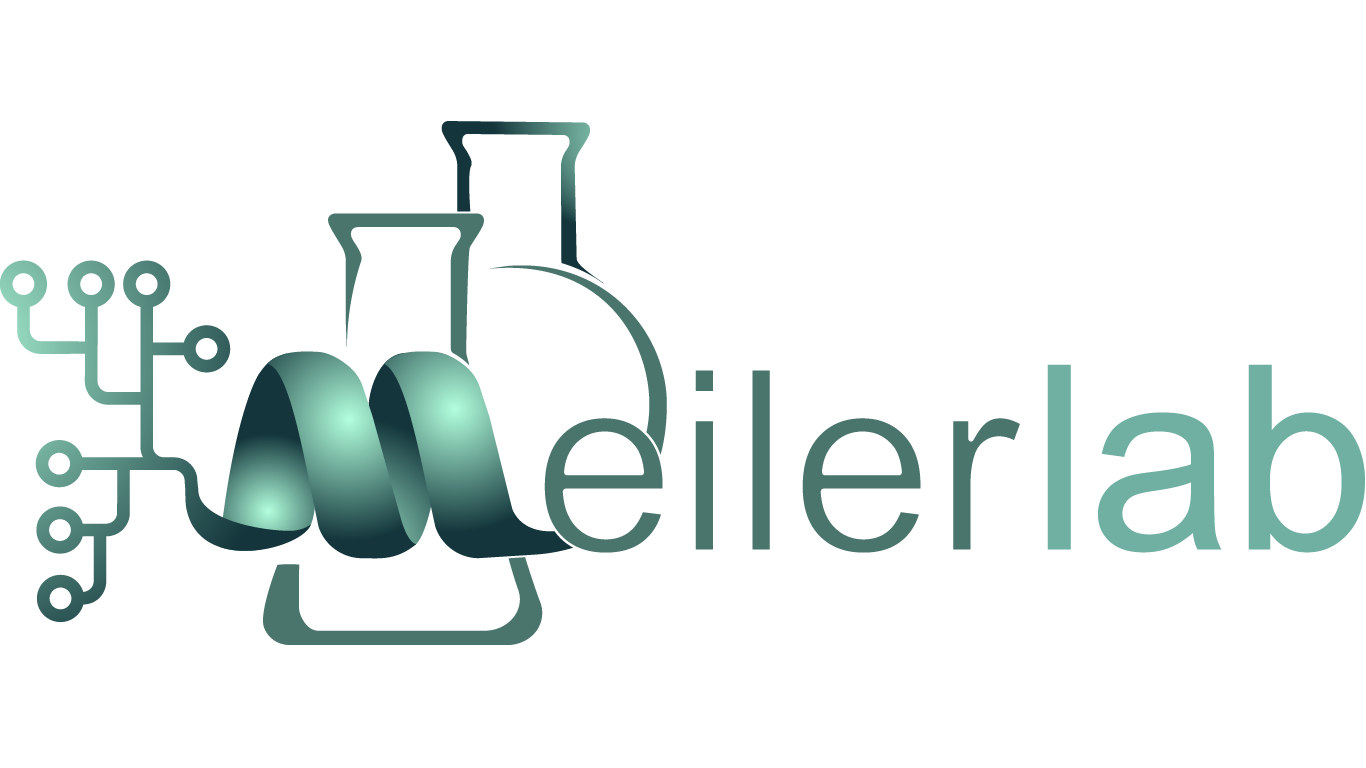Lung cancer is the most common cause of cancer-related death worldwide. In the United States, it is the leading cause of cancer death with an estimated new case of 235,760 and deaths of 131,880 in 2021 alone [1]. Lung cancer is mainly classified into two main types: small cell lung cancer and non-small cell lung cancer (NSCLC). NSCLC, a heterogenous class of tumors, is further divided into lung adenocarcinomas (LUAD), squamous cell carcinoma (LUSC) and large cell carcinoma. NSCLC are found in an approximately 85% of patients of which lung adenocarcinoma (LUAD) and lung squamous cell carcinoma (LUSC) are the most common subtypes. Although smoking is the major risk factor associated with lung cancer, never smokers diagnosed with lung cancer are more common for women from East Asia attributed to the second-hand smoking, environmental exposure to pollution and with inherited genetic susceptibility. With the advent of genomic and precision medicine, knowledge of pathways, advancement of technologies for detecting recurrent and actionable oncogenic mutations, the traditional approach of treating cancer with chemotherapy is sought to replace by targeted and personalized therapy. In lung adenocarcinoma, several targetable pathways have been identified, such as epidermal growth factor receptor (EGFR), PI3K/AKT/mTOR, RAS–MAPK, and NTRK/ROS1. Using combination of computational modeling with structural biology and molecular dynamics complemented with experimental techniques like NMR, PIE-FCCS, Meiler lab seeks to obtain the mechanistic insight of recurrent oncogenic and resistance mutations in EGFR families and the effects of those mutations on the stability and/or activation of EGFR kinases and develop small molecule kinase inhibitors.
